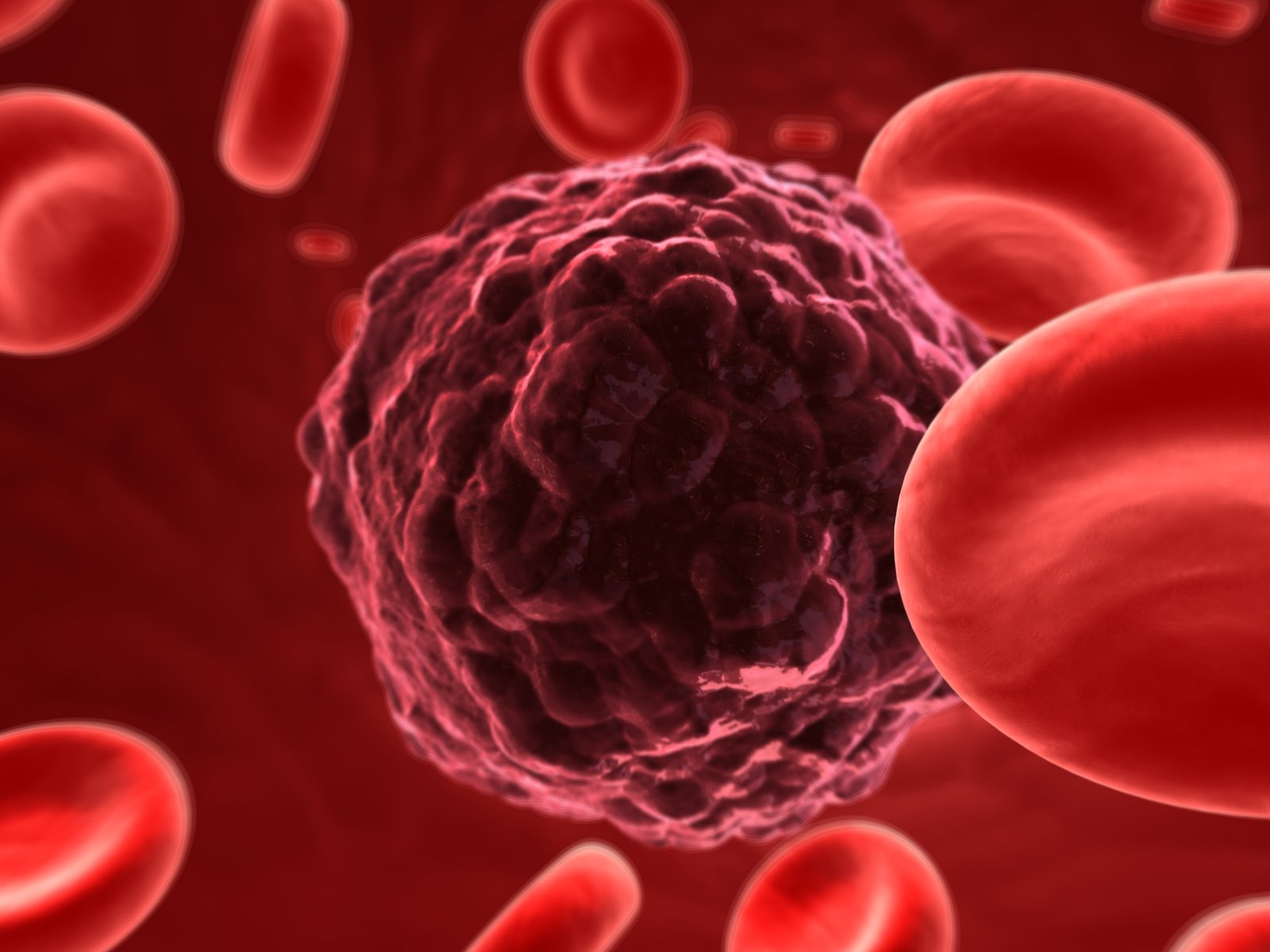
Bowel Cancer: New genes identified
Singapore: A team of Australian scientists discovered new genes that show identifiable changes in the blood of people with bowel cancer. This could lead to a new cost-effective blood test that would help identify the early stages of bowel cancer. This test could potentially save thousands of lives by supplementing existing screening programs and encouraging those at risk to have a colonoscopy.
The research is the result of over five years of scientific collaboration between Australian biotechnology company, Clinical Genomics, CSIRO and the Flinders Center for Innovation in Cancer at Flinders University in Adelaide. The study was lead by senior investigator, Professor Graeme Young.
A new blood test for bowel cancer, which is based on these new discoveries, is now under development and is currently being tested on patients form Australia, the US and Europe. The Australian research team is hoping to attract interest from other clinicians and scientists around the world to help them further validate the new test.
Dr Lawrence LaPointe, CEO of Clinical Genomics, said that, "These clinical trial results are highly promising but we need to go one step at a time. The next step is to seek help from other groups and researchers to cast the net more broadly to see what we can achieve with a larger number of tests drawn from a sample of the general population."
Dr Peter Molloy, from CSIRO's Preventative Health Flagship, said that, "These exciting results are the product of a close alignment of clinical research with advanced genomics, epigenetics and biological statistics viewed through the lenses of clinical need and commercial focus."
"One new gene identified was particularly sensitive to cancer. This gene is called 'colon adenocarcinoma hypermethylated' or CAHM. In 120 blood samples we observed a high positivity for cancers (68 percent) while still being accurate in 97 percent of normal patients. We have also shown that a three gene test including CAHM was able to detect cancer 76% of the time with a 93 percent accuracy in normal patients" Dr Molloy said.
Senior investigator, Professor Graeme Young, from the Flinders Center for Innovation in Cancer at Flinders University in Adelaide, said that, "One of the key questions is how a test like this might complement existing screening efforts in a cost-effective way to save even more lives in the future."
"The need now is to collaborate more broadly with national and international researchers committed to translation of science innovation to clinical outcomes, to help validate these exciting findings in large scale prospective studies," Professor Young said.




